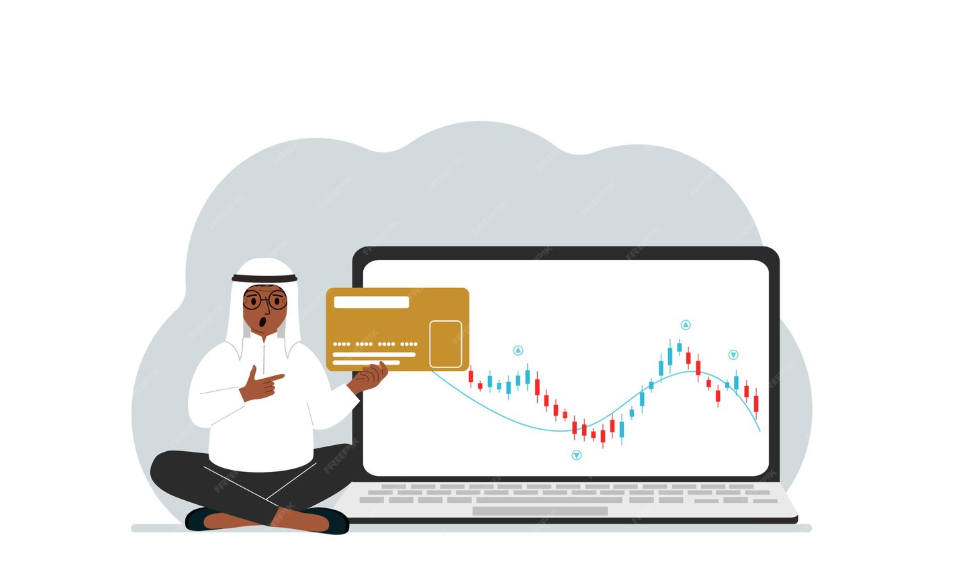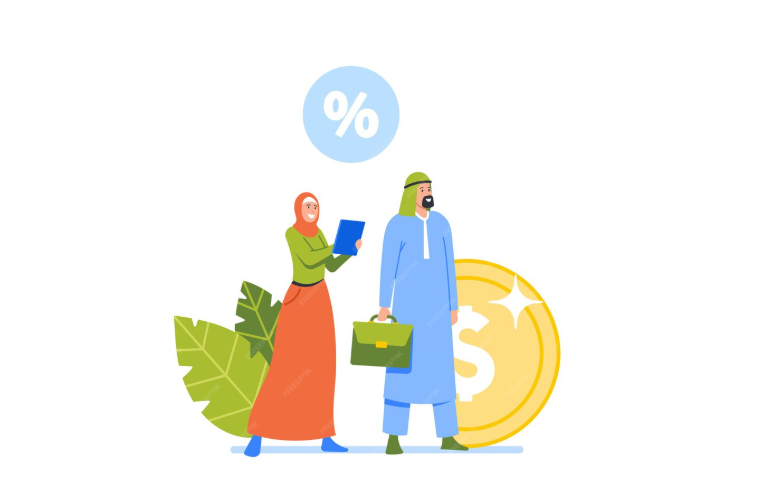
How to Multiply Your Wealth in Pakistan: Savings vs. Investment Beginners Guide
In Pakistan, financial planning is shaped by constant uncertainty, whether from political instability, economic fluctuations, or unexpected life events. For most individuals, the key question remains: should money stay in safe savings accounts in Pakistan, or be directed toward investments in Pakistan for potentially higher returns? Effective wealth management in Pakistan requires more than just holding money; it depends on how you plan, invest, and adapt to changing conditions. This approach determines whether your wealth grows, stagnates, or declines over time.
1. Understanding Savings vs Investments
At first glance, savings and investments in Pakistan may look similar since both involve setting aside money for the future. But the difference is crucial:
- Savings in Pakistan: This usually means keeping your money in secure options like bank accounts, fixed deposits, or government bonds. Savings provide safety and liquidity, allowing quick access to funds. However, returns are often lower than inflation, causing your money to lose real value over time.
- Investments in Pakistan: This involves putting money into assets such as stocks, mutual funds, gold or real estate with the expectation of higher returns. While investments carry risk and market fluctuations, they have historically delivered stronger growth, especially when focused on long term wealth building.
For example, someone saving PKR 10,000 per month in a fixed deposit at 9.25% may enjoy short-term security, but inflation in 2025 averaged approximately 4.5%, which affects purchasing power. In contrast, if the same amount is invested in a diversified stock portfolio in Pakistan with historical average annual returns of 15–20%, and considering that KSE-100 Index gave 60% return in 2025, their wealth can grow significantly over the years, supporting stronger financial planning and independence
2. Why Many Pakistanis Prefer Loans Over Investment
In Pakistan, a common mindset is that taking loans in Pakistan is the fastest route to financial security. Many people borrow money to start businesses, purchase property or achieve personal goals. At first, loans appear to be a shortcut to success, but they come with high interest rates, strict repayment schedules, and significant financial risk.
The challenge with loans in Pakistan is that they do not actually support wealth creation, they only provide temporary access to capital. If a business fails or an investment does not deliver quick returns, borrowers are left burdened with debt and stress. On the other hand, consistent stock market investment in Pakistan, even with small amounts, can grow steadily over time and provide genuine financial independence and long term stability.
3. Weathering Financial Storms: Savings vs Investments
Imagine your finances as a ship navigating unpredictable waters:
- Savings in Pakistan: Savings keep your ship close to the shore, offering safety and quick access during emergencies. While they provide security, the progress toward long term wealth remains limited.
- Investments in Pakistan: Investments allow your ship to sail further, opening the possibility of growth. Risks such as market fluctuations, economic instability, or political events may reduce value in the short term. However, with patience and a long-term perspective, investments not only survive storms but also reach distant shores, ensuring strong wealth accumulation that savings alone cannot achieve.
For example, consider the Pakistan Stock Exchange (PSX). Despite economic challenges, sectors like technology, energy, and FMCG have delivered consistent returns to patient investors. Someone who invested PKR 50,000 five years ago in a diversified PSX portfolio could have seen their wealth grow by 2–3 times, compared to the marginal increase from keeping the same amount in a simple savings account.
4. Starting Small, Thinking Big
Many people hesitate to invest because they think it requires large sums of money. The reality is different. You can start with as little as PKR 5,000–10,000 per month. What matters most is consistency, not the initial amount. Small, regular investments grow significantly over time thanks to the power of compounding.
For instance, if you invest PKR 10,000 per month in a diversified stock portfolio with an average annual return of 15–20% (based on Pakistan Stock Exchange historical performance), after 10 years, your wealth could grow to PKR 6,448,000, which is PKR 4,153,000 in today’s purchasing power after adjusting for 4.5% annual inflation in 2025.
Compare this to saving the same amount in a bank account at around 9.25% interest, with inflation at 4.5% in 2025, and it’s clear that investing dramatically outperforms traditional savings in terms of wealth creation
This strategy also reduces dependence on borrowed funds. Instead of taking money with high interest obligations, you can gradually build capital through disciplined investing. Over time, you develop financial independence, which is far more valuable than relying on temporary credit or loans.
5. Combining Both Approaches: The Balanced Strategy
The most effective financial strategy in Pakistan is not choosing one over the other but combining savings and investments wisely:
1. Emergency Fund: Keep 3–6 months of essential expenses in a savings account in Pakistan. This ensures financial security during emergencies without disturbing your investments.
2. Regular Investments: Allocate part of your monthly income toward long-term investments in Pakistan. Diversify across stocks, mutual funds, and bonds to balance risk and growth.
3. Avoid Over-Reliance on Loans in Pakistan: Loans often create stress and long-term financial burden. Use them sparingly and only for high-potential opportunities.
4. Long-Term Vision: Market fluctuations are normal. Avoid panic selling. A disciplined, long-term approach to investments in Pakistan usually delivers better results than chasing short-term gains.
This balanced approach allows your money to withstand financial storms while growing steadily. Think of savings as your safety net and investments as your ladder toward wealth building in Pakistan.
6. Behavioral Insights: Why Pakistanis Hesitate to Invest
Cultural and behavioral factors play a significant role in shaping financial decisions in Pakistan:
- · Fear of Loss: Many people prefer the safety of guaranteed returns over the potential growth of investments. This cautious mindset often prevents them from exploring opportunities that could build real wealth.
- · Short Term Mindset: There is constant pressure to see immediate results. Investments, however, require patience and a long-term perspective to deliver meaningful returns.
- · Lack of Financial Education: Without a clear understanding of how markets work, people tend to rely on traditional saving methods, assuming they are safer—even when they may not keep up with inflation.
Overcoming these behavioral barriers can unlock substantial financial growth. By educating yourself, starting with small investments and gradually increasing them, you can build both confidence and lasting wealth.
7. Real Life Examples and Scenarios
Consider two individuals in Pakistan:
- · Ali: Saves PKR 20,000 every month in a bank savings account in Pakistan, where the interest rate is 9.25%. After 10 years, his total savings reach PKR 2,400,000. However, after adjusting for the average annual inflation of 4.5% in 2025, his real purchasing power is approximately PKR 1,468,000
- · Sara: Invests PKR 20,000 monthly in a diversified stock market portfolio in Pakistan. Assuming historical average annual returns of 15%, after 10 years her portfolio could grow to PKR 6,448,000, which is PKR 4,153,000 in today’s purchasing power after adjusting for 4.5% annual inflation.
This example clearly shows how investments in Pakistan can outperform traditional savings when it comes to wealth building and long-term financial planning
8. Practical Tips for Starting Your Investment Journey in Pakistan
- · Open a stock trading account in Pakistan with a licensed and reputable platform.
- · Start by focusing on sectors you understand, such as FMCG, technology, or energy listed on the Pakistan Stock Exchange (PSX).
- · Build diversified investments in Pakistan to minimize risk and balance returns.
- · Monitor your portfolio regularly, but avoid making frequent changes based on short-term market swings.
- · Reinvest dividends and profits to accelerate long term wealth building.
Even modest investments in Pakistan, if made consistently, can grow into significant wealth over time. The key to success is discipline and patience, rather than chasing quick fixes or depending on loans in Pakistan for financial growth
Conclusion
In Pakistan, the choice between savings and investments ultimately decides whether your money merely survives or truly grows. Savings in Pakistan provide short-term financial security, but growth is limited. On the other hand, investments in Pakistan, though riskier, create opportunities for long-term wealth building.
By combining both strategies, keeping an emergency fund for protection and making strategic investments for growth, you can ensure that your finances not only withstand uncertainty but also thrive in the long run.
Your money should work as hard as you do: savings protect it, investments grow it, and together they build a resilient financial future in Pakistan capable of weathering any storm.
The content provided in this article is for informational and educational purposes only and does not constitute investment advice from Azee Securities. Readers are encouraged to seek independent professional guidance before making any financial decisions.
 (1).png)































Add a comment